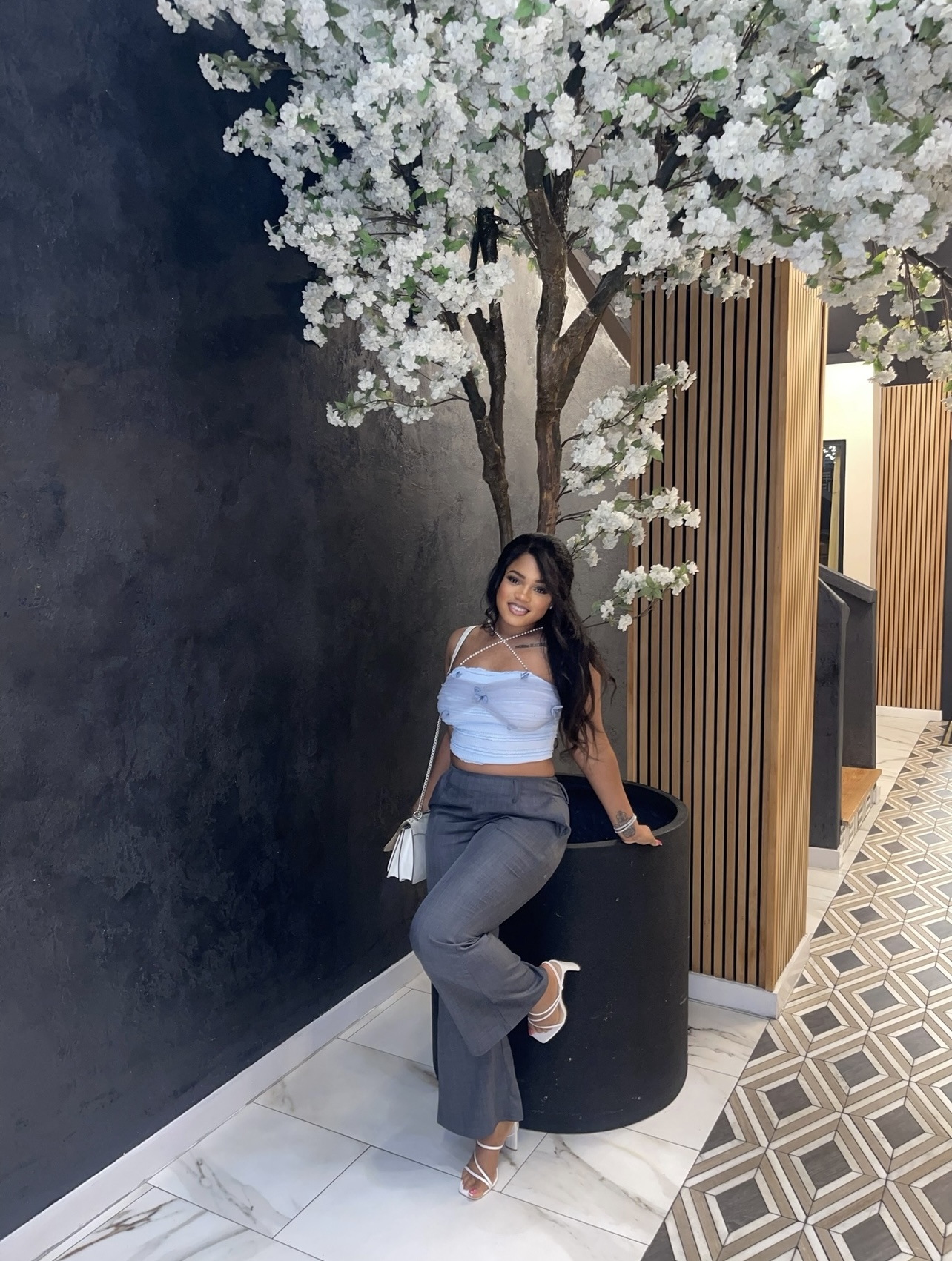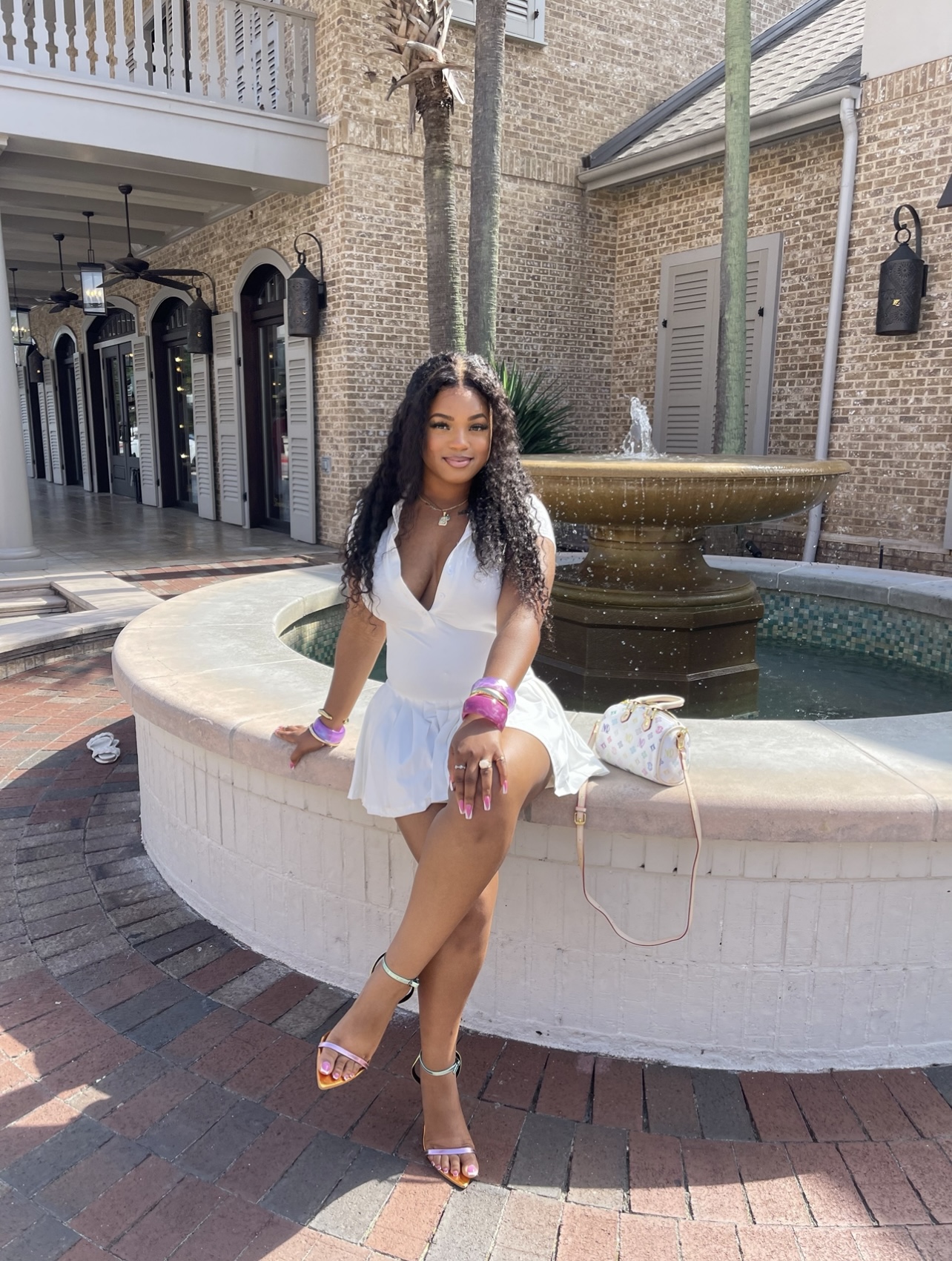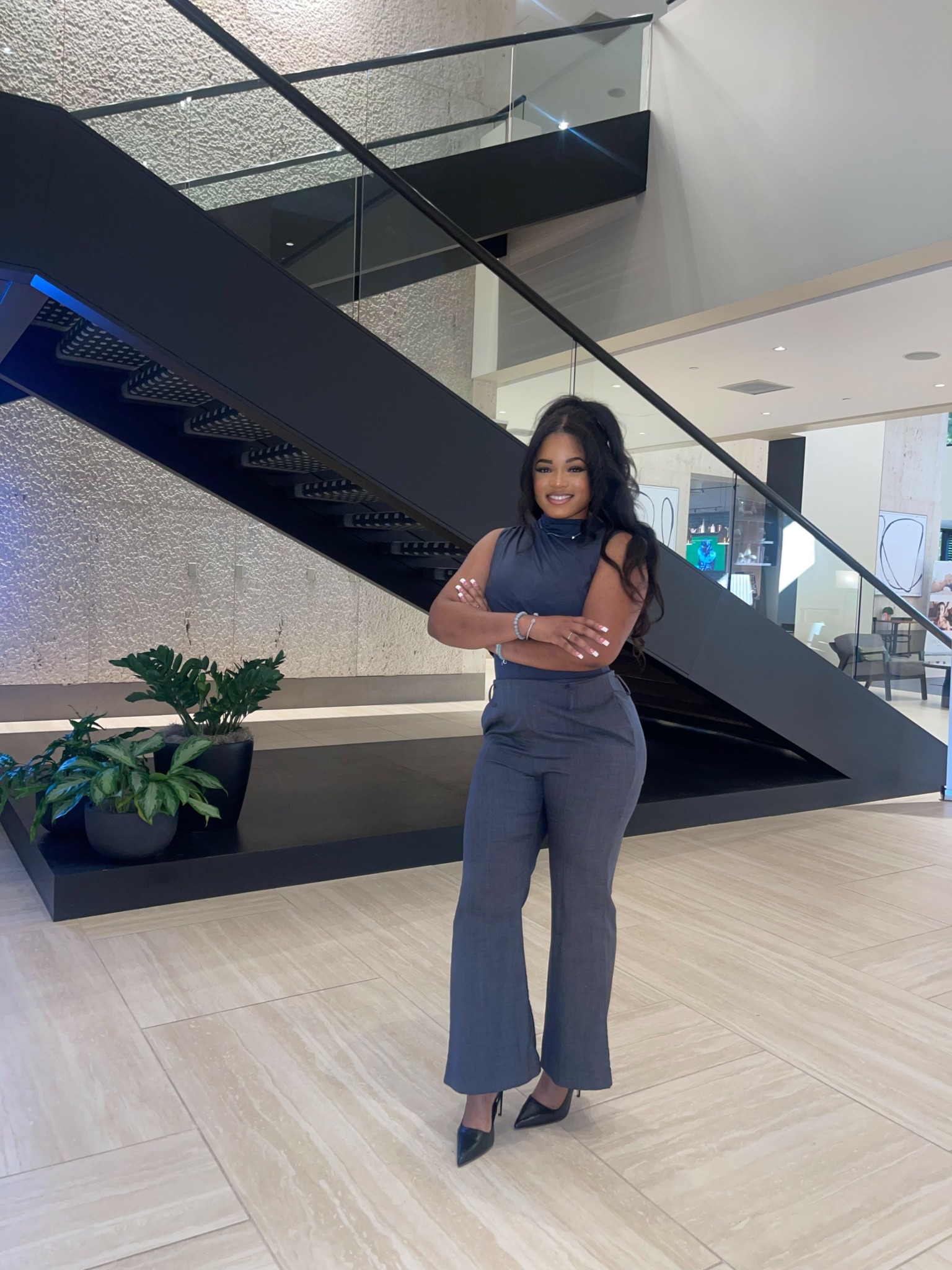Alright – so today we’ve got the honor of introducing you to Kyra Beasley. We think you’ll enjoy our conversation, we’ve shared it below.
Hi Kyra, thanks for joining us today. Was there a moment in your career that meaningfully altered your trajectory? If so, we’d love to hear the backstory.
The defining moment in my career came when I picked up *Hood Feminism* by Mikki Kendall. That book completely shifted how I understood healing and the role of systems in people’s lives. Before that, I saw therapy primarily as an individual process or something that helped people navigate their personal challenges and emotions. But Kendall introduced me to intersectionality in a way that illuminated how deeply systemic barriers (racism, sexism, classism, ableism and other forms of oppression) shape our mental and emotional well-being.
I realized that individual healing is powerful, but it often reaches a limit when people are still embedded in systems that harm them. That was the moment I decided to expand my lens beyond individualized therapy and look at healing through a systemic perspective. It’s what led me to pursue marriage and family therapy, a field that inherently understands people within their relational and social contexts.
This shift broke me out of the box of traditional clinical thinking. I began to see my clients not as isolated individuals with “problems,” but as whole human beings navigating the intersecting realities of biology, psychology, and society. Today, I ground my work in a humanistic biopsychosocial model that considers each client’s lived experience, cultural background, and systemic environment.
Ultimately, that book didn’t just redefine my career; it redefined my purpose. It taught me that true healing requires both personal transformation and systemic awareness.
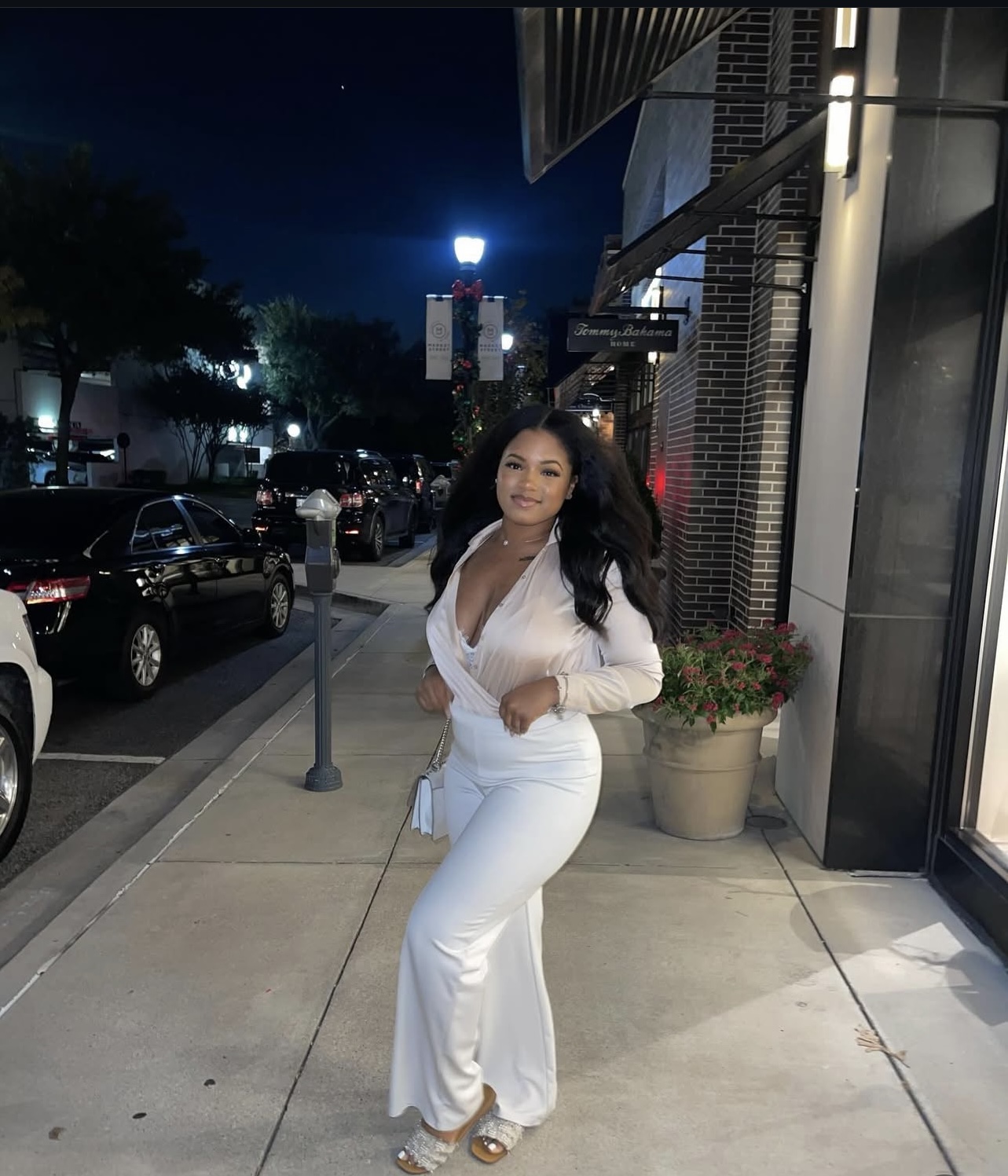
Kyra, before we move on to more of these sorts of questions, can you take some time to bring our readers up to speed on you and what you do?
Since 2021, I have been in the mental health and emotional wellness field helping people, primarily women, heal from relational wounds. My work has always centered on helping clients regulate and manage intense emotions like anxiety and depression so they can feel grounded, resilient, and empowered within themselves and their relationships.
Before pursuing psychotherapy, I worked as a self employed Certified Emotional Wellness Coach for 2 years. In that role, I witnessed firsthand how deeply emotional dysregulation could affect every part of a person’s life. How it could shape the way they view themselves, their loved ones, and even the world. But as a coach, there was only so much I could ethically do. That realization inspired me to pursue formal training in psychotherapy so that I could work more deeply and comprehensively with clients as a licensed clinician.
What sets me apart is the lens through which I approach healing. My practice integrates both the personal and systemic; acknowledging not just the individual’s inner world but also the cultural, social, and historical forces that shape it. I don’t believe in pathologizing people for responding to systems that were never designed for them to thrive in. Instead, I help clients reconnect to their sense of agency, self-worth, and authenticity through mindfulness, somatic awareness, and liberation-focused frameworks.
I’m most proud of creating spaces where people feel seen, heard, and deeply understood. Especially those who’ve felt invisible or misunderstood in traditional therapeutic settings. My brand and work are ultimately about helping people return to themselves and redefine what healing looks like on their own terms.
As of right now, I have put coaching on hold as I am currently focused on starting and completing my internship and practicum. However, I publish articles on Medium, post content on instagram, youtube, and have been featured in a handful of other publications and podcast. All of which, teach on healing, liberation, and social deconstruction.
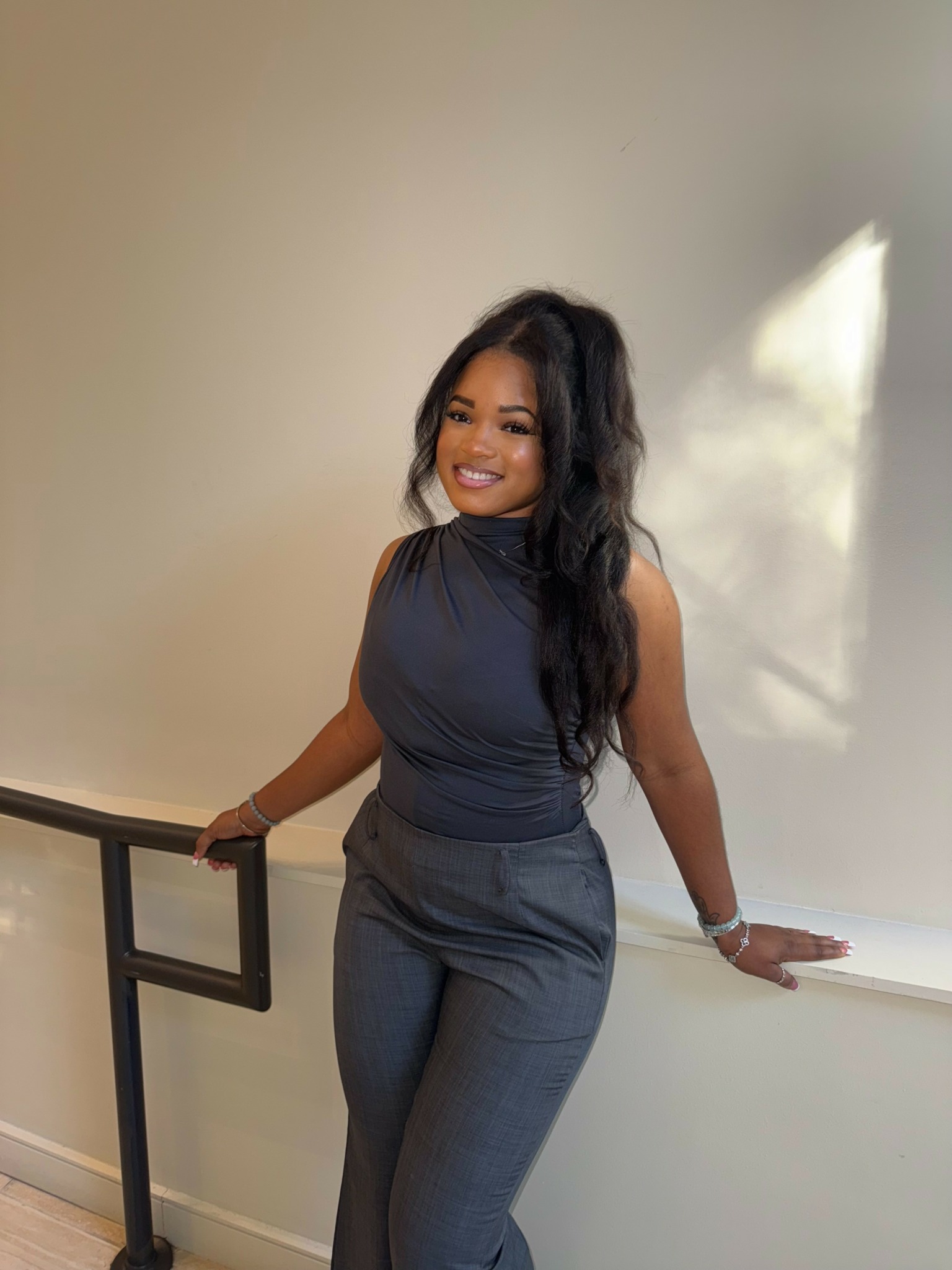
Training and knowledge matter of course, but beyond that what do you think matters most in terms of succeeding in your field?
Beyond training and education, I think what’s most helpful in this field is curiosity and openness. I’m naturally inquisitive and multicultural, which means I don’t view the world or people through a binary lens. I don’t believe in putting myself or others in boxes, because doing so limits our ability to see the full picture of who someone is.
Leaving room for different perspectives, experiences, and worldviews allows me to approach both my clients and my community from a deeply humanistic and holistic standpoint. It helps me understand people not as problems to be solved, but as complex beings shaped by their stories, environments, and systems.
When we lead with curiosity instead of judgment, we create space for healing that’s more inclusive, compassionate, and liberating. Even the best intentions can cause harm if we rely too heavily on labels and diagnoses. My goal is always to see and hold people beyond those labels to witness their humanity first.
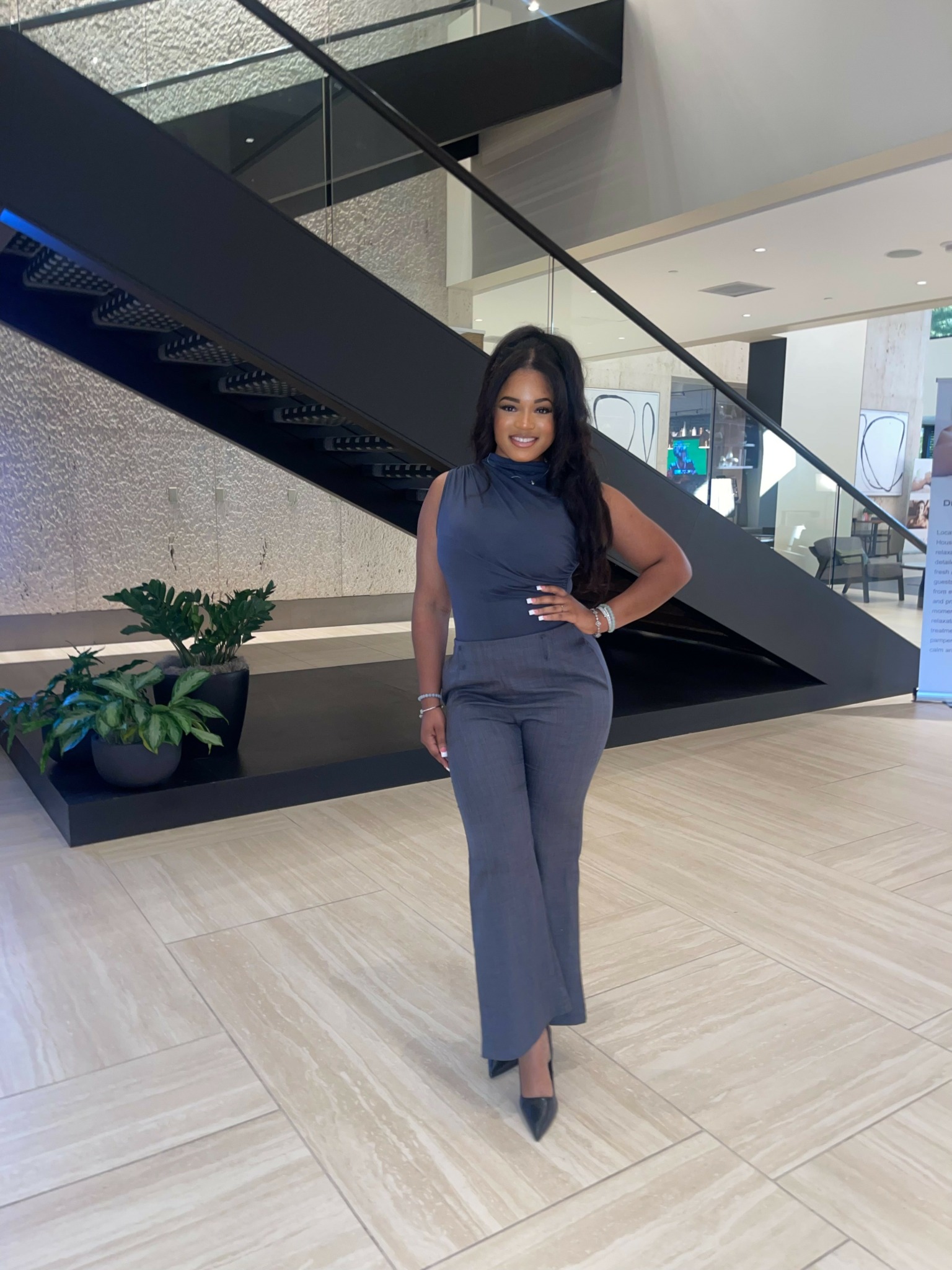
Can you share a story from your journey that illustrates your resilience?
The moment I really recognized my resilience came through confronting the relational and attachment wounds I carried. Early on I felt the effects of inconsistent emotional availability from caregivers: the silence, the uncertainty, the longing for connection but always wondering if I would be abandoned. As I wrote in my article, Hood Feminism may have opened my systemic lens, but it was my own story with my amily, community and then with romantic relationships that taught me how personal healing and systemic insight must intertwine.
In romantic relationships, I found myself constantly seeking reassurance, placing the other person on a pedestal, while deep down feeling unworthy of love and waiting for the inevitable rejection. The patterns were clear: no boundaries, an over-reliance on someone else to define my value, and a recurring cycle of carrying forward pain from earlier relational wounds. I was playing roles unconsciously, acting as though the relationship would fix me rather than recognizing that I needed to heal myself first.
When I finally confronted this, when I looked in the mirror and asked myself, *What roles am I playing? What are the feedback loops I keep repeating?* I realized resilience isn’t just enduring; it’s evolving. I allowed myself to feel my anger, my sadness, my grief. I gave myself permission to be fragile, and in doing that I discovered what I call *re-parenting my younger self*. I started giving myself the love, validation, and boundaries I should have received.
That process changed everything. It shifted my identity from someone who waited for someone else to make her feel safe, to someone who carries her own safety, her own worth, her own voice. It taught me that healing isn’t a linear path; it’s messy, it’s cyclical, and it demands both self-compassion and honest inner work.
Now, when I walk into a room with a client, I bring that resilience with me. I bring someone who’s been in the trenches, who’s turned the system’s mirror back on herself, and who knows how to help someone else do the same. Not just survive their history, but use it to shape their future. You can read more about this in my recent medium article titled “Why you crave love, but fear abandonment: Healing an anxious attachment stye.”
Contact Info:
- Instagram: https://www.instagram.com/thekyrabeasley/?hl=en
- Linkedin: https://www.linkedin.com/in/kyra-beasley-aa61a7104/
- Youtube: https://www.youtube.com/@TheKyraBeasley
- Other: https://medium.com/@beasleykyra72
